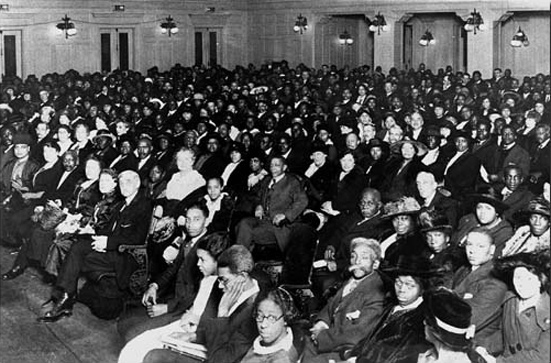
At home with foreignness

We all come from somewhere. It’s an unavoidable fact of life.
It’s similarly unavoidable that we have some sort of emotional connection to that part of the planet we call home. For some, it’s a deep sentimental attachment. For others, it’s a set of memories that they’d prefer to keep in the past. Regardless, there is no denying the power of the concept of “home” in the human imagination.
But if we abolish foreignness, do we lose our sense of home?
It does not necessarily follow that we do. Patriotism or love of one’s area of origin is a natural human emotion, one that is not to be denied or rejected. And of course, that sentiment arises from the reality that certain parts of the world are more familiar to certain people than other parts, and with familiarity comes an abstract but nevertheless very real sense of love. But that does not mean that we must cling to notions of foreignness in order to safeguard or conception of home.
Abolishing foreignness means keeping one’s sense of home, but also opening that home to others. When we have something we love, we have an inner urge to share it with people whom we love. Home is something we love, and so it’s only natural that we share it with those whom we love. And if we regard each other with a sense of true brotherhood and sisterhood, and we regard our fellow woman and man, to use a platitude, with a genuine sense of love, we begin to feel the need to open our home to others.
Home, then, isn’t an exclusive place. Rather, it’s an open space, both psychologically and physically. Certainly, we identify specific locations as home, but home is also a state of mind, a space that includes a history and is full of relationships with other people and things and places. As a psychological space, then, home does not have finite physical parameters. If we so choose, we can cast open its doors so that no one is foreign in our home.
Home, then, isn’t a part of the world we carve out all for ourselves. It is a place—or, more accurately, a space—where we belong, and we recognize that it isn’t just us who belong there. When we abolish foreignness at home, we open it to people who are ostensibly strangers.
Admittedly, this is highly idealistic and perhaps too abstract. But I feel nevertheless as if it helps to bridge the ostensible gap between a foreign-less society and a society with real conceptions of home. We often speak broadly of respect and love for other humans, but if we think rigorously about what this means, we recognize that a home, and therefore a world, free from foreignness is only logical extension of this.
A world of abolished foreignness means a home in which foreignness is abolished. But that does not mean that we each don’t feel a special connection to a deep bond to a specific part of that home. We just recognize that that bond isn’t an exclusive one.








